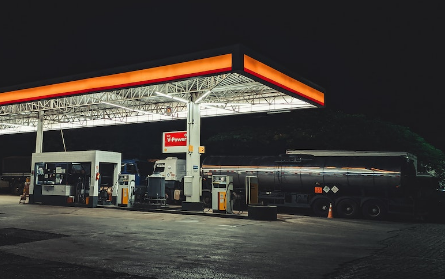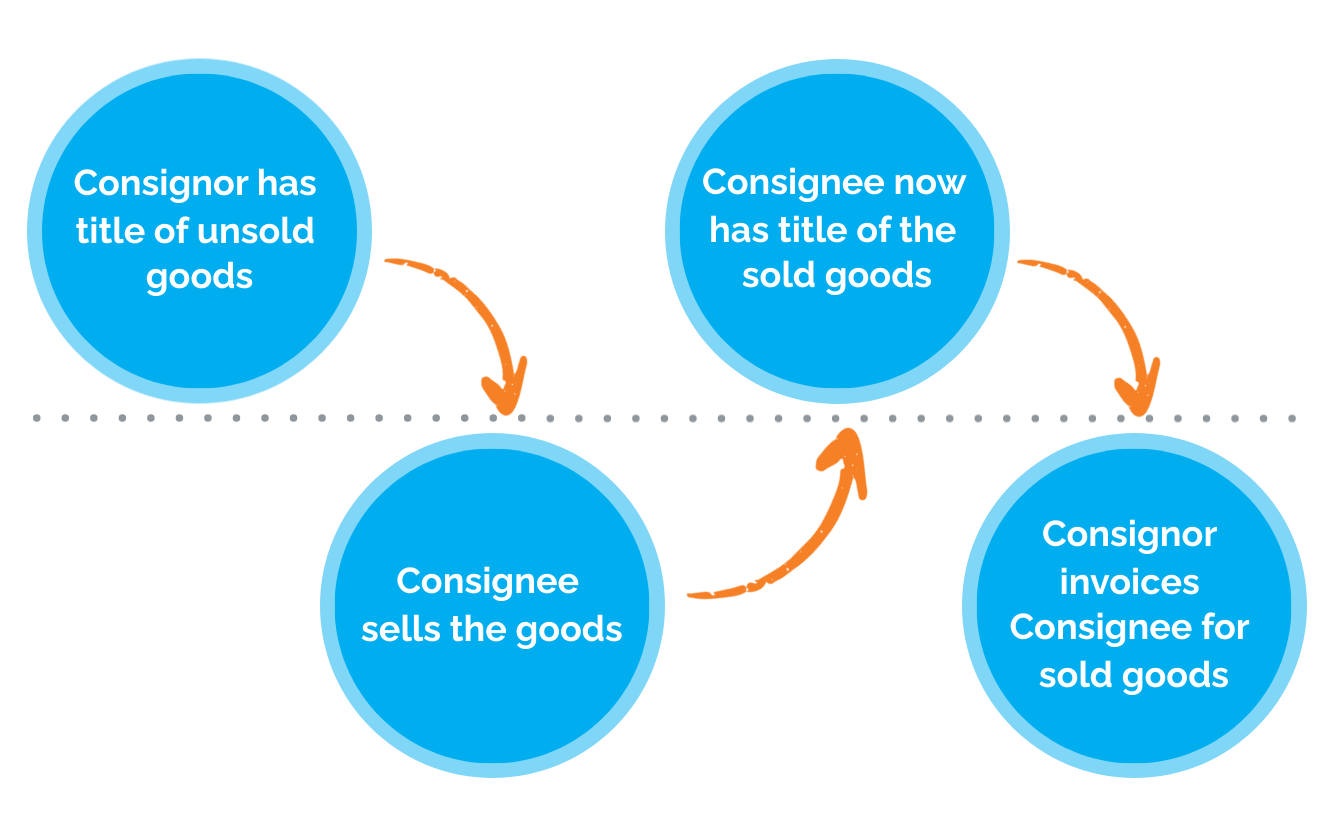Selling on Consignment and UCC Filings
UCC Filings: What is Consignment? We have previously discussed whether you should secure your receivables, under Article 9 of the UCC, via a Blanket...
3 min read
wpengine Jul 19, 2019 7:00:29 AM

In a bankruptcy proceeding, who has priority over the proceeds from consigned goods? Is it the bankruptcy trustee or the consignor of the goods? The answer in this case depended on whether the consignment was governed by Article 9 and then whether the consignor filed a UCC-1 Financing Statement. Spoiler alert: the consignment was governed by Article 9 and the consignor did not file a UCC. The bankruptcy trustee wins.
I commute from one side of the city to the other, which means a I rack up a ton of fuel-perks from the local gas station. This morning, as I scolded myself for not stopping to gas up last night, a large fuel truck struggled to pull into the gas station. As I pulled out of the gas station, trying to navigate my tiny Scion around this enormous fuel truck, I started wondering:
“If this gas station goes out of business, how does the fuel provider recover its money? Does it file a UCC? Is fuel considered inventory or is it consignment?”
I spent the rest of my commute wondering what the fuel provider could do to protect itself in the event of its customer’s bankruptcy or default — the perks of a life in secured transactions.
I finally made it to work and began perusing recent fuel-related bankruptcies, and there it was: a decision in the Pettit Oil Company (Pettit) bankruptcy. The decision addressed what a creditor should have done to protect its interest in consigned fuel.
Pettit is a bulk petroleum product distributor. IPC (USA), Inc. (IPC) consigned fuel to Pettit, Pettit would then sell the fuel to customers. However, instead of Pettit paying IPC for the fuel sold, Pettit’s customers would pay IPC directly and IPC would then pay Pettit a commission on the fuel sold.
A little odd for a consignment arrangement? Sort of, but the outcome remains the same. We typically see consignment sales work like this: creditor consigns goods to debtor > debtor sells goods to customer > customer pays debtor for goods > debtor pays creditor after the sale. The title to the goods still passes after the sale of the goods, but the payment chain is slightly different.
The key here is the arrangement was classified as a true consignment.
At the time of the bankruptcy filing, Pettit had fuel on hand as well as some cash proceeds from customers who inadvertently paid Pettit instead of IPC. IPC claimed the fuel and cash proceeds in Pettit’s possession belonged to IPC, while the bankruptcy trustee argued the fuel and cash proceeds belonged to the bankruptcy estate.
First, the court needed to determine whether this consignment was governed by Article 9. Once the court deemed the consignment as true consignment and governed by UCC Article 9, it had to decide which party had priority in the fuel and cash proceeds.
Truthfully, the hard part was determining whether the consignment was within Article 9 – determining priority became easy: did the creditor (IPC) properly perfect its security interest? Nope – IPC didn’t file a UCC-1.
“Article 9 of the UCC governs the priority and perfection rules related to security interests in goods (which can include agricultural products), and the UCC ‘treats a consignment as a security interest for all practical purposes.’ Retention of title affects the types of remedies available to consignors (like IPC) in their efforts to recover goods after a default, but the Ninth Circuit explained: ‘title is irrelevant to whether IPC or the Trustee has a priority in the goods and proceeds.’ Ultimately, because the UCC treats Pettit (the consignee) as having an ‘ownership interest’ and IPC (the consignor) as having a ‘security interest’—and IPC (admittedly) never perfected that security interest—the Trustee prevailed.” – Consignment, the UCC, and You – Protecting Your Goods and Their Proceeds, by Mirco Haag & Joseph Welch
If you sell on consignment, are you properly perfecting a security interest? If you aren’t, why not? While this example was related to fuel, there are any number of sales situations where consignment applies. Remember our posts on the Sports Authority bankruptcy?
The fact is, Article 9 affords you an opportunity to take security. Yes, it is certainly possible that a bankruptcy court determines your consignment sale is not governed by Article 9, thus not needing a UCC – but why risk it?

UCC Filings: What is Consignment? We have previously discussed whether you should secure your receivables, under Article 9 of the UCC, via a Blanket...

Protect Your Consignment Sales with UCC Filings If you allow customers to have possession of goods under a “consignment” agreement prior to the...

Are Consignment and Bailment the Same? Is Consignment a Form of Bailment? Consignment and bailment may seem similar, but they’re not the same. Both...